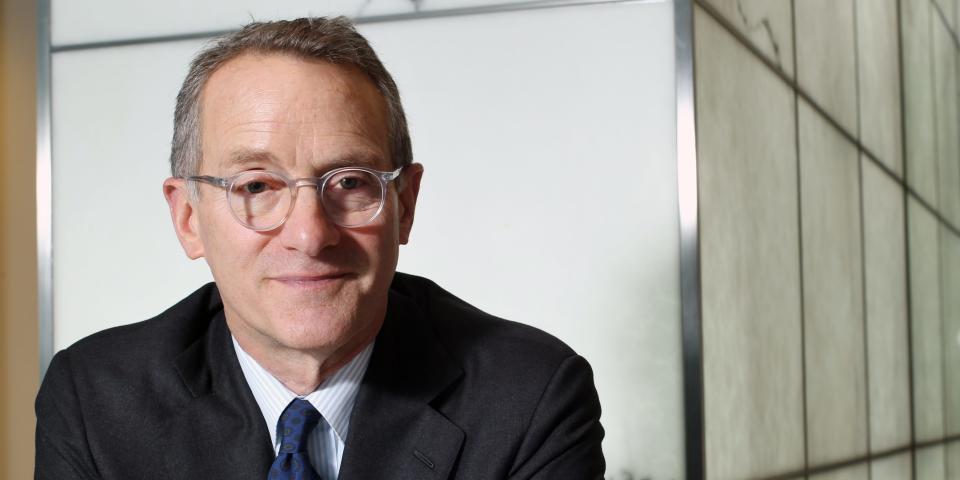Billionaire investor Howard Marks says AI's impact doesn't make it immune to a crash

AI is transformative, but it's hard to determine its stock winners, Howard Marks told CNBC.
"Every bubble starts from widespread conviction," he said.
Many are betting on an AI wave to lift a number of sectors, from semiconductors to infrastructure.
Artificial intelligence might end up changing the world, but that alone can't determine the success of its underlying assets, Howard Marks said.
"Every bubble starts from widespread conviction," the market veteran told CNBC on Tuesday. "Everybody believes A, they bid the beneficiaries of A up to the moon. It turns out, it's overdone."
When it comes to AI, Marks acknowledged the technology's transformative potential, and he himself can't say whether its beneficiaries are already under or overvalued.
But instead, AI investing reminded him of the internet's emergence 25 years ago, which also propelled markets sky-high:
"Everybody was sure that the internet would change the world. And it did," he said, but added: "And yet the internet and E-commerce stocks that were the beneficiaries of that thinking in the TMT bubble of the late 90s — the vast majority are now worthless."
"So to say well, I think that AI will be very important, that's the easy part," the billionaire investor said. "But knowing how it should be reflected in portfolios that's the hard part."
But forecasters are trying to meet this challenge. Just last week, Goldman Sachs outlined the sectors it thinks will win out in the long-term, from semiconductor producers to security software developers.
Meanwhile, Wall Street's other heavy hitters have voiced their own predictions. That includes the "Big Short" investor Steve Eisman, who is betting big on infrastructure to get a boost from AI's electricity demand.
And looking at more immediate impacts, Bank of America raised its S&P 500 target last month, citing AI spending as a significant driver of growth.
But Marks has generally demonstrated cynicism towards those who make macro predictions, and warned against relying too much on Wall Street forecasts — recently calling the practice an "organized religion."
"Prices are not necessarily right, they're just the best consensus can do," he said in a speech this week.
Read the original article on Business Insider

 Yahoo Finance
Yahoo Finance 